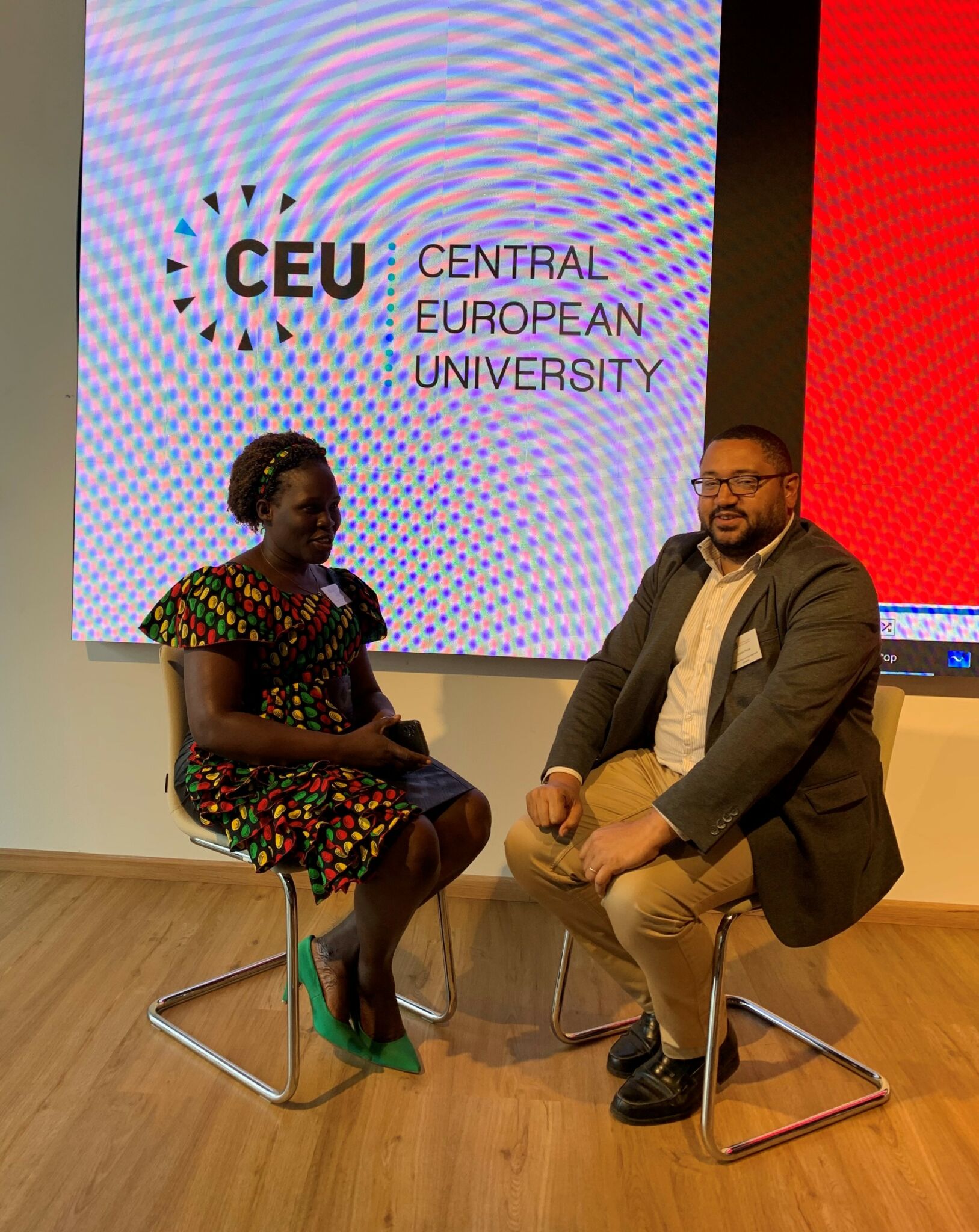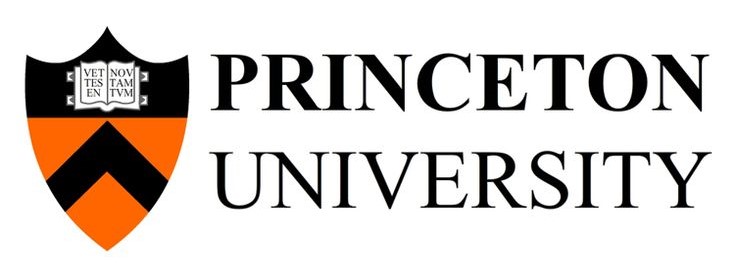June 17, 2022 – On June 8-9, WPDI, represented by Evelyn Laruni, Coordinator for WPDI-Uganda and Jacques Plouin, WPDI Senior Strategic Advisor, was invited to participate in the first Summit of the Princeton Global History Lab (GHL) held at the Central European University in Vienna, Austria.

The GHL started as an initiative by Jeremy Adelman, the Henry Charles Lea Professor of History at Princeton University, to bring his comprehensive Global History course into refugee and forced displacement contexts. The purpose of the course is to help students gain a global awareness of the major trends that have shaped and continue to inform globalization for the past 500 years and also to train them in oral history research as a pathway to Princeton academic credits. The course is conceived in a hybrid approach with online material combined tutoring from teaching fellows, most of them graduate students or recently graduated doctors. This is a format that fits the needs of our youths, most of whom had no prior access to academic excellence, and the difficulty that can be found in refugee contexts.
It was a great opportunity for Evelyn, who said that “it was very exciting to participate in the first summit of the Princeton Global History Lab in Vienna, Austria. I could showcase the work conducted by WPDI to teach young refugees of Kiryandongo on global history and train them to practice oral history as part of a truly global network. Our contribution was much appreciated and generated fruitful discussions for the future of the Lab.”
In 2019, shortly after WPDI joined the program, the GHL took on a new scale thanks to the support of the Open Society University Network, which led to an accelerated expansion to the GHL, which now gathers more than 25 institutions across Africa, the Americas, Asia and Europe. The Vienna Summit was organized as an opportunity for the partners to share their respective experiences and learn from each other. WPDI showcased its work under the GHL at the Kiryandongo Refugee Settlement and notably how we were able to mobilize some of our talented youth enrolled in the program to mentor their peers. The exchanges led to a fruitful cross-fertilization of ideas since the partners hailed from a wide diversity of contexts, ranging from programs preparing refugees for university or job readiness to institutions training teachers or leadership programs.
Jacques Plouin was delighted at the success of the summit, which will open up new opportunities for WPDI’s global programs: “the first summit of the Princeton Global History Lab, held in Vienna Austria on 8-9 June, was a great success, gathering partners from Africa, the Americas, Asia and Europe. We had intensive exchanges that led to new ideas and opportunities for improving the program and benefitting young refugees at Kiryandongo, Uganda. The partnership is set to continue and even expand, with great potential for WPDI and its youth.”
In the months to come, and as the fourth cohort of WPDI youth starts a new year under the GHL, there is no doubt that much innovation will happen, strengthening a highly valuable program that brings knowledge, skills and confidence to students and underprivileged youths from across the world.
About the GHL
Princeton’s Global History Lab (GHL) is a platform for learning, skill development and collaboration in the creation of new narratives across global divides. Using cutting-edge technologies, innovative pedagogical practices and training in oral history methods, the GHL enlists universities and NGOs in 22 countries to engage in a new model of global education through peer-to-peer exchanges. In the summer of 2020, the GHL received a multi-year grant from the Open Society University Network, (OSUN). With its new OSUN partners, the Central European University, (CEU) and Bard College, the GHL was able to expand its global reach to international students at over 25 institutions and NGOs worldwide. With this expansion, some of the GHL’s programming has moved from Princeton’s Department of History, where the GHL was founded in 2012, to the Princeton Institute for International and Regional Studies (PIIRS). To learn more about the Global History Lab programming at PIIRS please visit the GHL PIIRS website.

